Getting A Biopsy? 10 Frequently Asked Questions Answered!
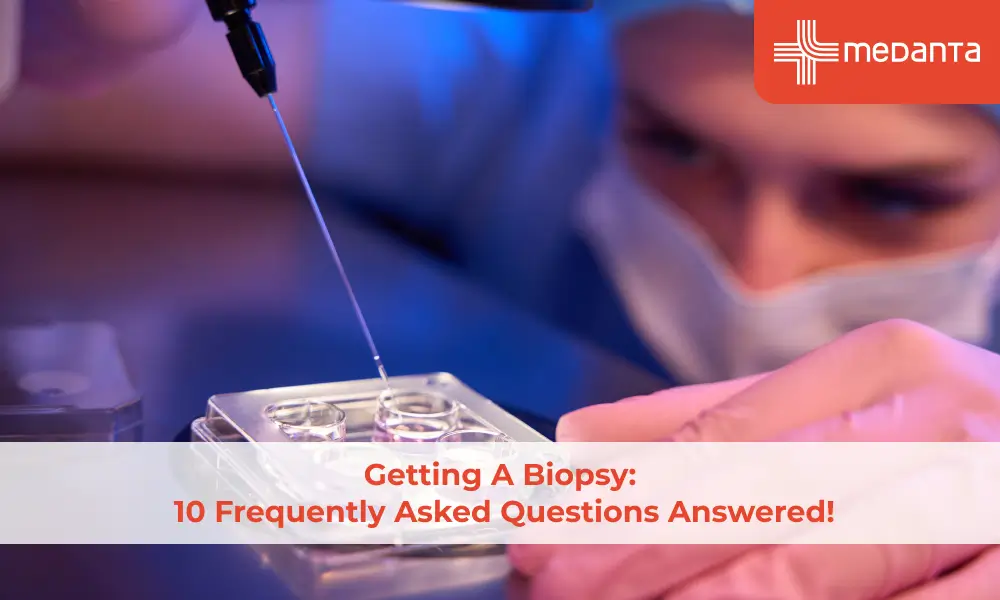
A biopsy is a medical test which involves taking a small sample of tissues, cells, skin or organ, from a certain part of the body. Both the process and the sample can be interchangeably referred to as a biopsy.
This sample is examined by a pathologist under a microscope to determine the presence or extent of diseases, especially cancer. It is a mostly pain-free and low-risk test that provides accurate information. Imaging tests, for example, can detect the area of abnormalities. They, however, cannot tell whether the cell is cancerous or not, whether there is an underlying condition or not.
If your doctor has recommended a biopsy, here are 10 questions that could cross your mind:
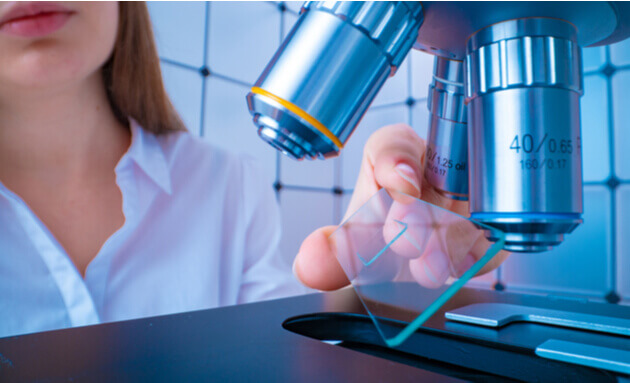
Q 1. Why Am I Being Asked to Get a Biopsy?
If you have been asked to get a biopsy done, there is most probably an abnormality that is not conclusive via other tests. Your doctor would be recommending it to get the most accurate view of your condition.
Q 2. Are Biopsies Accurate?
Compared to most other testing options, yes. They can confirm a cancer diagnosis, identify the type of cell tumour and in recent times, they can also tell if the tumour has a certain type of genetic modification. The last part can help plan targeted therapies. The time when a biopsy might not be accurate is when the sample extracted is too small or the cancer is not present in a particular area. This does not often happen but if it does, a follow-up biopsy might be required.
Q 3. What Are the Different Types of Biopsy?
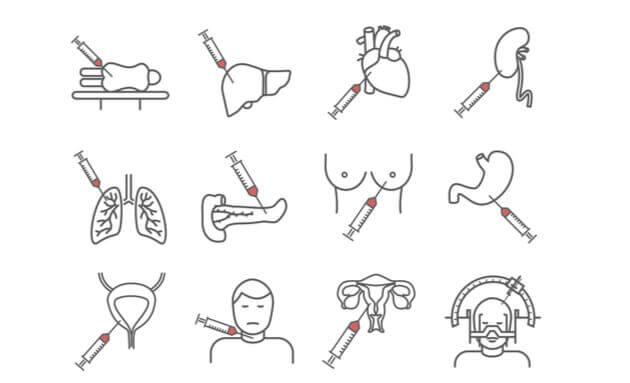
The nature of your condition and location of the abnormality will help the doctor decide which procedure to undertake. The most commonly used types of biopsy are given below.
- Punch Biopsy (skin conditions)
- Scraping cells (cervix)
- Fine Needle Aspiration (breasts, lymph nodes, thyroids)
- Pap Smear (cervix)
- Endoscopic biopsy (abdominal region, nasal)
- Flow cytometry (bone marrow, lymph nodes)
- Surgical biopsy (all)
Q 4. How Can I Prepare for a Biopsy?
Your doctor will give specific instructions which will include guidelines about ongoing medications, supplements and your diet. Make sure you do not apply unnecessary chemicals on your body like deodorants, talcum powder or lotions.
Q 5. How Soon Can I Get My Biopsy Results?
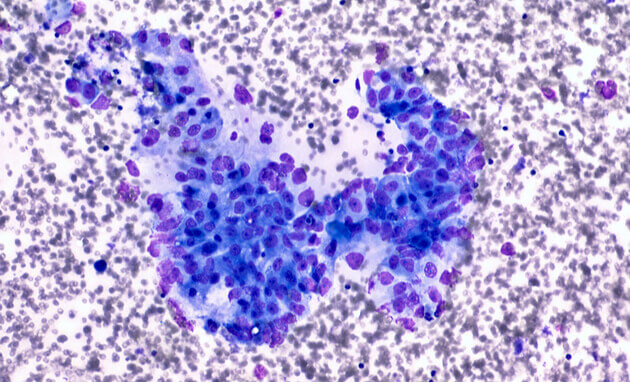
Based on the urgency and type of analysis, results can take up to ten days.
Q 6. How Long Do I Have to Stay in the Hospital / Clinic?
Quite a few biopsies are outpatient procedures and you can leave within a couple of hours, unless the doctor specifically asks you to stay. Scraping cells, Pap smear, Punch biopsies and certain FNAs are done faster.
Q 7. Will I Be Sedated During the Biopsy?
Depends on the type of biopsy. For surgical biopsies, anaesthesia will usually be given. Check with your doctor.
Q 8. What Happens to the Sample Taken?
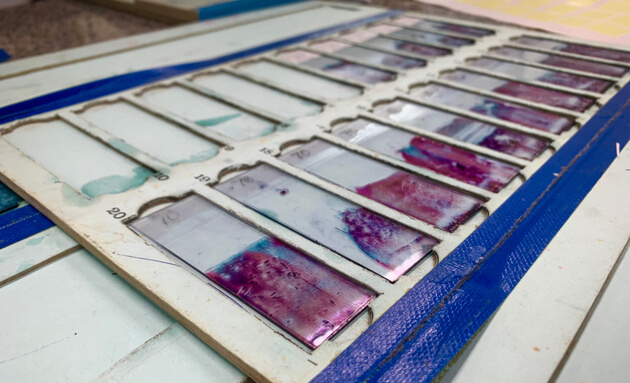
Right after the process, the sample is kept in a special preservative and sent for testing. The pathologists need to do a complete molecular profiling. They conduct various types of tests on the sample for analysis.
Q 9. How Long Does it Take to Heal After a Biopsy? Can I Go to Work?
You might feel some discomfort on the biopsy site. Depending on the incision you might have to take one or two days off for healing after a surgical biopsy.
Q 10. Once I Reach Home, Do I Need to Do Anything?
Your doctor will advise you but if you notice bleeding from your biopsy site even after 24 hours, call your doctor. If there is a bandage, keep it on. Usually, you can take a shower 24 hours after your biopsy. Keep the area clean and dry. If there is any swelling or bruising, you can apply ice packs several times a day for relief. Avoid strenuous exercises or lifting heavy objects.






